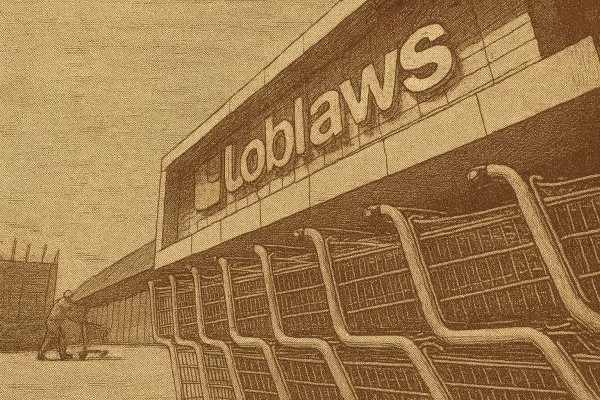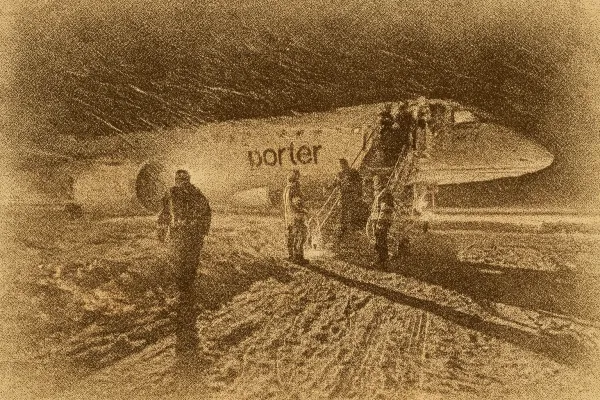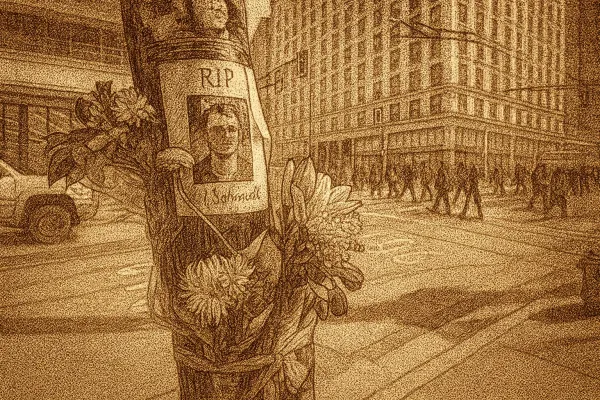Based on coverage from CTV and The Montreal Gazette.
Kirkland, a city on Montreal’s West Island, has taken a futuristic leap to tackle its traffic woes by implementing an AI-driven traffic management system on Saint-Charles Boulevard. This bustling six-lane artery, designed to accommodate 30,000 vehicles daily, now sees between 40,000 and 50,000 cars, trucks, and buses. With new housing developments and a shopping mall expansion on the horizon, the city faced a mounting congestion crisis.
Enter the NoTraffic AI mobility platform, a cutting-edge solution that uses AI-driven cameras and radars to monitor and manage traffic at intersections. This system, which has already been deployed in cities like Arlington, Texas, and Kelowna, B.C., aims to optimize traffic flow by adjusting traffic lights in real-time based on current conditions. The technology can detect vehicles, pedestrians, and even emergency vehicles, adjusting the green light allocation to where and when it’s most needed.
Kirkland’s decision to adopt this technology was driven by necessity. As Mayor Michel Gibson put it, “We had to adapt. We had to do something.” With no room or budget to expand the roadway, the city invested $1.8 million in the AI system, covering installation and five years of service. The results have been promising: overall delays have been reduced by about 22%, and at peak times, delays at the busiest intersections have dropped by as much as 50%.
The system’s success has not gone unnoticed. Neighbouring municipalities like Dorval and Pointe-Claire are considering similar implementations, though they face challenges such as existing infrastructure upgrades and coordination with provincial authorities. Dorval Mayor Marc Doret noted the need for collaboration with Quebec’s Transport Ministry to avoid creating new congestion points.
Despite the positive outcomes in Kirkland, Montreal itself has yet to embrace AI for traffic management. The city currently uses a centralized dynamic traffic management system but has not integrated AI into its traffic lights. Traffic consultant Rick Leckner criticized Montreal for lagging behind, saying, “There’s so much to learn from other cities and countries, but when it comes to traffic management, we’re in the dark ages.”
The AI system in Kirkland has not only improved traffic flow but also contributed to environmental benefits. According to Orange Traffic, the company behind the technology, the reduction in travel time along Saint-Charles Boulevard has cut more than 2,000 tonnes of greenhouse gases annually, equivalent to removing 500 cars from the road.
While Kirkland’s initiative is a step forward, the broader question remains whether Montreal and other cities will follow suit. The potential for AI to revolutionize traffic management is clear, but it requires willingness and investment from municipal leaders. As the technology continues to prove its worth in Kirkland, the hope is that more cities will recognize the benefits and take action to address their own traffic challenges.








